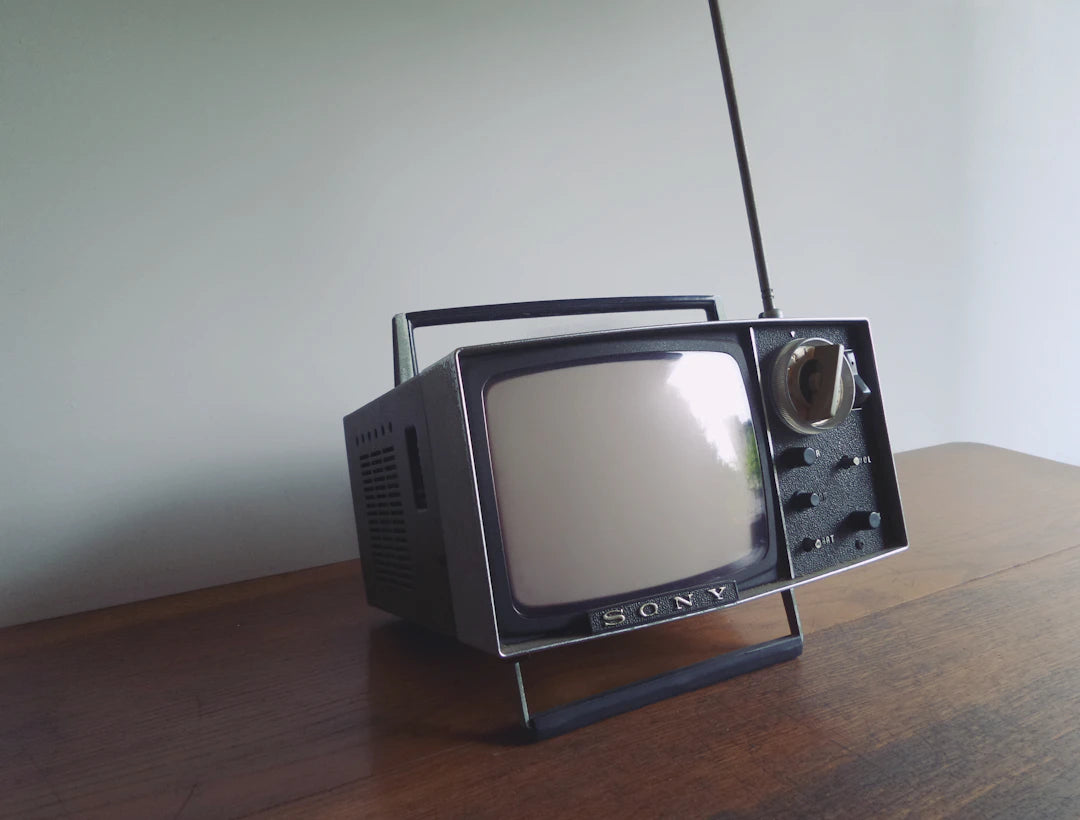As our loved ones age, ensuring they enjoy their favorite shows and movies becomes more important than ever. For seniors with hearing impairments, this can be a bit of a challenge. The right television can make all the difference in their viewing experience, creating a more enjoyable and accessible environment. In this guide, we will explore various factors to consider when choosing a television for seniors with hearing impairment, ensuring they stay connected and entertained.
Understanding the Needs of Seniors with Hearing Impairment
Hearing impairment can range from mild to profound, affecting a person’s ability to understand dialogues, catch sound effects, or enjoy the ambiance of their favorite programs. It is crucial to create a viewing experience that compensates for these challenges. Here are some important aspects to consider:
- Clarity of sound
- Visual accessibility
- Ease of use and navigation
- Supportive technology features
Sound Considerations: Enhancing Audio Clarity
One of the most significant barriers for seniors with hearing impairments is often the audio quality. Some televisions are equipped with features that help enhance sound clarity. Here are a few features to consider:
Built-in Sound Technologies
Look for TVs that offer advanced audio technologies, such as:
- Dialogue Enhancement: This feature amplifies speech sounds, making it easier for seniors to follow conversations.
- Audio Balancing: It levels different sound elements, ensuring that background music doesn’t drown out dialogue.
- Speech Clarity Settings: Some TVs allow users to adjust sound settings specifically for dialogue, creating a more senior-friendly experience.
Sound Options Beyond the TV
In addition to built-in sound systems, consider the use of external sound devices:
- Soundbars: Compact sound systems that improve audio directionality and clarity.
- Headphones: Wireless headphones designed for television can provide a personalized viewing experience without disturbing others.
- Assistive Listening Devices: Many modern TVs are compatible with assistive listening technology that can greatly enhance sound quality for seniors.
Visual Features: A Clearer Picture Matters
While sound is crucial, visual accessibility also plays a significant role in enhancing a TV viewing experience. Consider these features when selecting a TV:
Screen Size and Resolution
Choosing the right screen size can make a significant difference. A larger screen allows for better visibility:
- Screen Size: Look for TVs that are at least 55 inches, especially if the viewing distance is greater than 8-10 feet.
- Resolution: 4K Ultra HD TVs provide a sharper image, which can help seniors distinguish details and improve their overall viewing experience.
Screen Technology
Different types of screens have varying qualities:
- LED TVs: These TVs have vibrant colors and improved brightness, making it easier for seniors with visual impairments to see images clearly.
- OLED TVs: Although pricier, OLED TVs offer remarkable contrast and color depth, which can enhance the viewing experience during varied lighting conditions.
Ease of Use: Navigating with Confidence
A user-friendly experience is essential for seniors, particularly those with hearing impairments who may also face other challenges. Here are some tips to ensure easy navigation:
Intuitive Remote Controls
Many seniors struggle with complicated remote controls. Look for:
- Backlit Buttons: This feature helps in low-light conditions.
- Clearly Labeled Buttons: Controls should be labeled in large print and be easy to understand.
- Programmable Shortcuts: These allow seniors to switch to favorite channels or settings with a single button press.
User Interface Simplicity
Ensuring that the TV’s interface is straightforward is vital. Look for:
- Easy Navigation Menus: These should have clear, large icons and minimal steps to access features.
- Guided Setup: Some TVs offer on-screen tutorials to help seniors set up everything easily from the start.
Smart Features: The Benefits of Connectivity
Smart TVs offer many advantages but can be overwhelming. Focus on the beneficial features:
Voice Control Technology
Voice-assisted technology can enhance the overall experience for seniors, especially those who may have difficulty with traditional remotes. Essential features to look for are:
- Voice Commands: Many smart TVs allow users to operate the TV through voice, making it easier to change channels or adjust volume.
- Assistant Integration: TVs compatible with smart assistants can simplify navigation and provide instant access to desired content.
Streaming Capabilities
Access to streaming services allows seniors to watch a wide range of content. Look for TVs that:
- Support Popular Apps: Ensure compatibility with the most popular streaming services like Netflix, Hulu, or Amazon Prime Video.
- Regular Updates: Select TVs known for frequent firmware updates to keep the software current and user-friendly.
Accessibility Features: Making Viewing Stress-Free
Modern televisions often come equipped with features that promote accessibility for users with various needs. Consider the following:
Closed Captioning Options
Many TV manufacturers include captioning features, essential for seniors with hearing impairments. Look for TVs that:
- Customize Text Size and Color: Options to adjust caption size, color, and background can improve readability.
- Enable/Disable Options: Ensure that the closed captioning feature can be easily toggled on and off. This allows flexibility depending on preferences.
Visual Indicators for Sound
Some TVs offer visual alerts for important sounds or alerts, such as doorbells or alarms. This feature can be revolutionary for seniors who may miss audio cues.
Final Thoughts on Choosing the Right TV
Choosing the right television involves understanding the specific needs of seniors, particularly those with hearing impairments. By focusing on sound quality, visual features, ease of navigation, smart capabilities, and accessibility features, you can ensure that your loved one enjoys a fulfilling viewing experience. Remember, the right television can foster connections through shared entertainment, increase accessibility, and promote independence. With careful consideration, you will undoubtedly find a television that brings joy and enhances the viewing experience for your senior loved ones.

